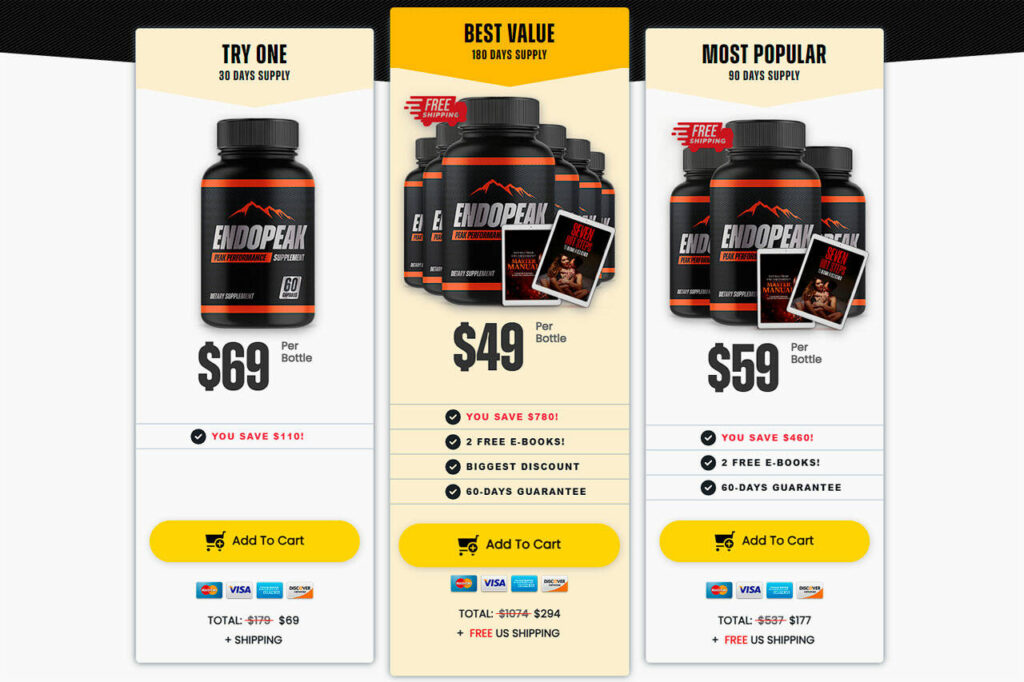Probiotics for Pets: Capsule vs. Powder – Which Form Should You Choose?
$294.00
Discover the Pros and Cons of Pet Probiotic Powder vs. Capsules: Which Is Best for Your Furry Friend? Learn about the advantages and disadvantages of each format and make an informed decision for optimal pet health.
Description
Pet Probiotic Powder vs. Capsules: Unraveling the Differences
Probiotics, live microorganisms that offer numerous health benefits, have become indispensable in the realm of pet nutrition. They play a crucial role in maintaining gut health, boosting the immune system, and promoting overall well-being. However, when it comes to administering probiotics to our furry friends, we are faced with two primary options: powder or capsules.
This comprehensive review delves into the intricacies of pet probiotic powder versus capsules, highlighting their respective advantages and disadvantages. By understanding the nuances of each form, pet owners can make informed decisions to optimize their pets’ health and well-being.
H1: Probiotics for Pets: An Overview
Probiotics are microorganisms, primarily bacteria, that reside in the digestive tract and play a pivotal role in maintaining a healthy gut ecosystem. They confer numerous benefits to our furry companions, including:
- Enhanced Digestion: Probiotics help break down complex carbohydrates and proteins, improving nutrient absorption and reducing bloating and gas.
- Immune Support: Probiotics stimulate the production of immune cells and antibodies, strengthening the immune system and reducing the risk of infections.
- Anti-Allergy Effects: Certain probiotics have been shown to reduce allergic reactions by modulating the immune response.
- Skin and Coat Health: Probiotics can promote healthy skin and a shiny coat by reducing inflammation and supporting the skin’s barrier function.
H2: Probiotic Powder vs. Capsules: Comparing Forms
Pet probiotic supplements come in two primary forms: powder and capsules. Let’s explore their differences:
H2.1: Powder
- Pros:
- Versatile Delivery: Probiotic powder can be easily mixed into food or water, making it convenient to administer.
- Flexibility: The dosage can be adjusted based on the pet’s weight or individual needs.
- Cost-Effective: Probiotic powder is generally more cost-effective than capsules.
- Cons:
- Taste and Palatability: Some pets may find the taste or texture of powder unappealing.
- Measuring Accuracy: Accurately measuring the correct dosage of powder can be challenging.
- Storage and Stability: Probiotic powder requires refrigeration to maintain its potency and shelf life.
H2.2: Capsules
- Pros:
- Convenience: Capsules are ready-to-administer, eliminating the need for mixing or measuring.
- Pre-Measured Dosage: Each capsule contains a standardized dose of probiotics, ensuring accuracy in administration.
- Improved Stability: Capsules provide better protection against environmental factors, enhancing the stability and longevity of probiotics.
- Cons:
- May Be Bulky for Small Pets: Capsules can be large and difficult for small pets to swallow.
- Higher Cost: Capsules are typically more expensive than powder.
- Limited Options: Capsules come in pre-determined dosages, limiting flexibility in adjusting the dosage.
H3: Choosing the Best Form for Your Pet
The optimal choice between probiotic powder and capsules depends on several factors:
- Pet’s Size and Preferences: For small pets, capsules may be too bulky, making powder a more suitable option. Pets with picky taste buds may prefer powder, which can be mixed into their favorite treats.
- Dosage Flexibility: If you need to adjust the dosage based on your pet’s weight or specific health conditions, powder offers greater flexibility.
- Convenience and Accuracy: Capsules offer convenience and precise dosing, while powder requires more effort in measuring and administering.
- Cost Considerations: Probiotic powder is generally more cost-effective, especially for large pets requiring higher doses.
H4: Conclusion
Whether you opt for probiotic powder or capsules, it’s crucial to choose a high-quality product from a reputable brand. Both forms can be effective in supporting your pet’s health and well-being. By understanding the advantages and disadvantages of each form, you can make an informed decision that best meets your pet’s specific needs.
Remember to consult with your veterinarian before administering probiotics to your furry companion to ensure they are appropriate and safe for your pet’s unique health requirements.





